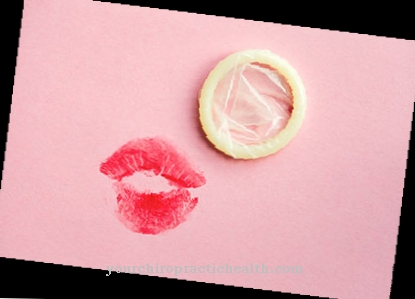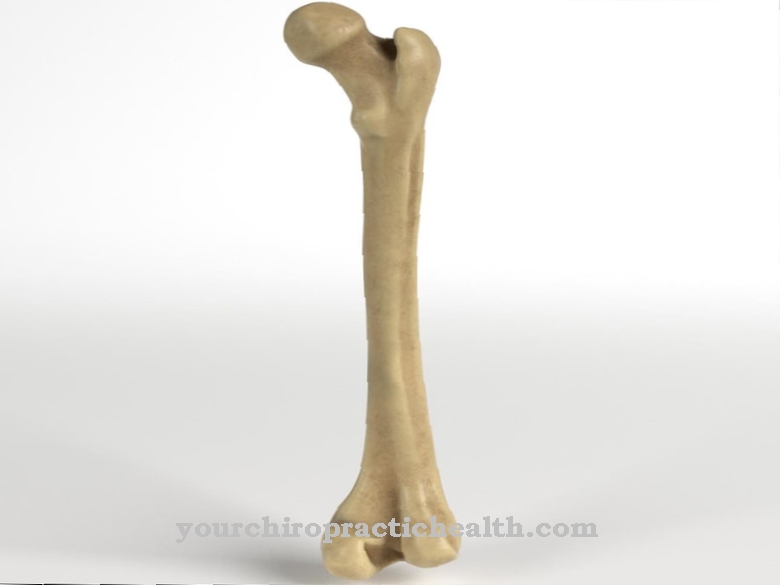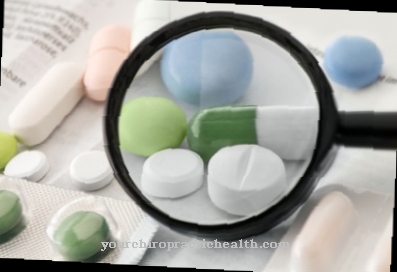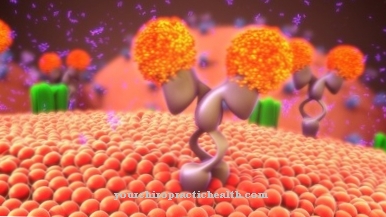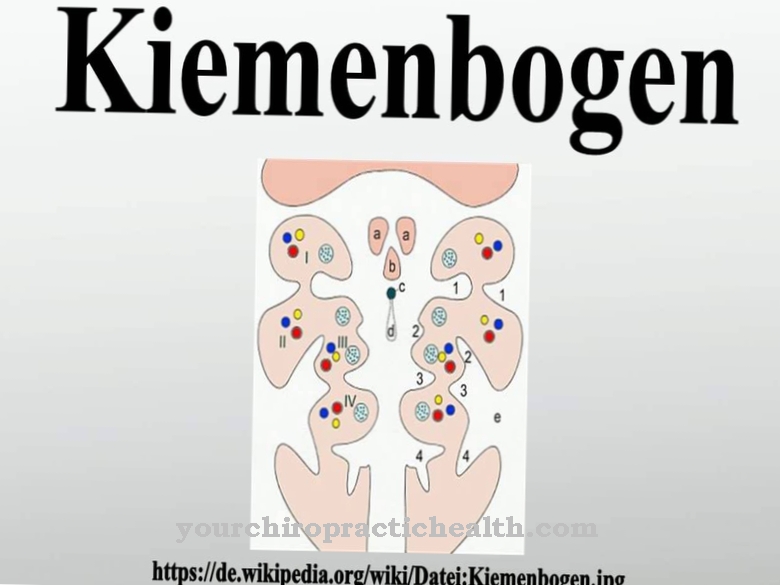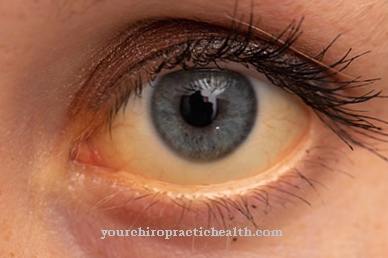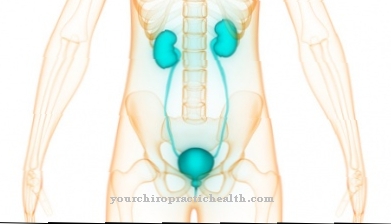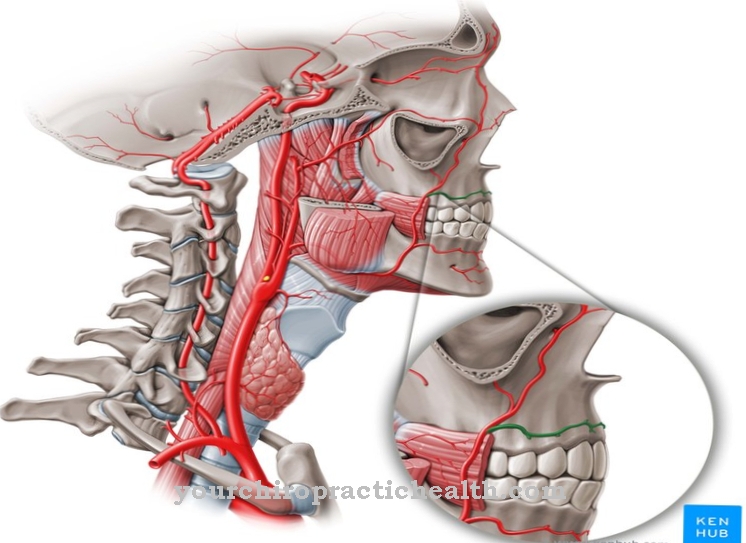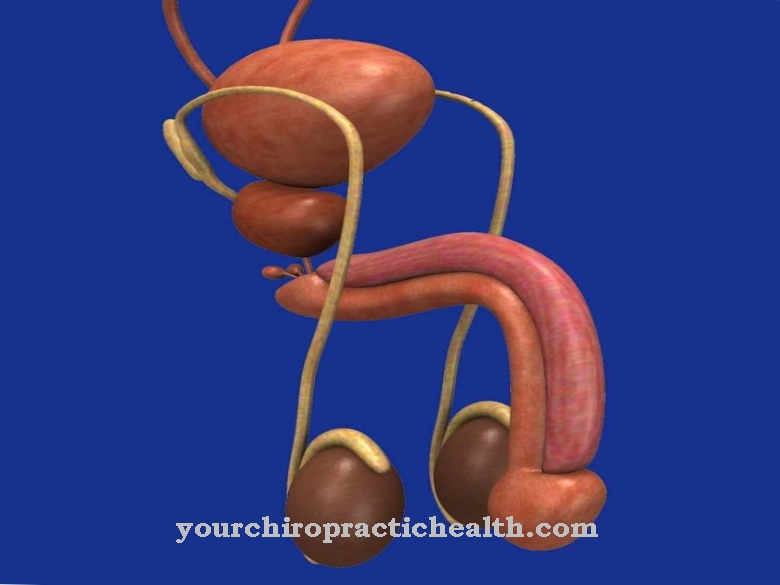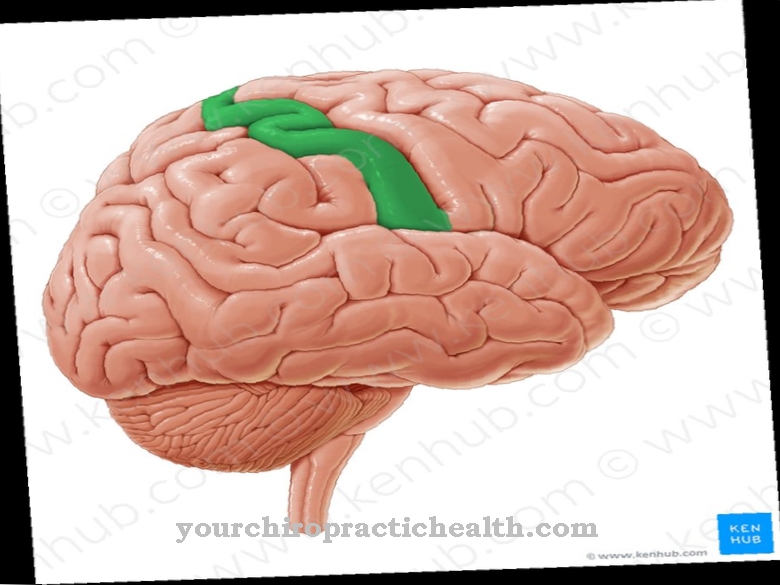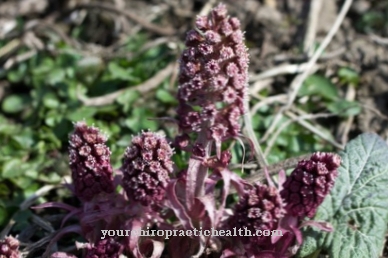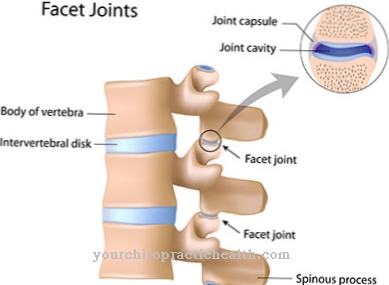It is at Quercetin a yellow pigment that occurs naturally in many plants. The effect of quercetin is that of a radical scavenger. How exactly this effect comes about has not yet been scientifically proven.
What is quercetin?

Quercetin belongs to the subgroup of flavonols and to the group of flavonoids and polyphenols. It is a yellow color found in plants. Quercetin is found in many foods and is mostly found in the bowls there. For this reason, a large amount of quercetin is lost when many fruits and vegetables are peeled. The processing of food in the kitchen can also partially destroy quercetin.
Fruits and vegetables with a particularly high quercetin content include lovage, onions, tea, apples, blueberries, black currants, raspberries, blackberries, cherries, chives, mountain ash, sea buckthorn, organically grown tomatoes, kale, red grapes and capers . Since quercetin is found in grapes, it remains in wine.
Quercetin is also offered in concentrated form as a drug to treat various diseases.
Pharmacological effect
The exact mode of action of quercetin is still the subject of research and is intensively investigated in scientific studies. It has generally been shown that quercetin inhibits oxidation processes in vivo. How this actually works has not yet been conclusively clarified.
It has been generally proven that quercetin is a natural antagonist of histamine. Quercetin is also fundamentally anti-inflammatory in the body. Thanks to this property, it has been shown to protect against neurodegenerative diseases, among other things. Quercetin also has a blood circulation and blood pressure lowering effect, even if it has not yet been clarified why this is so.
A lot of quercetin can increase the number of mitochondria in muscle cells. Quercetin also prevents dioxins in the body from causing damage in various places. That too has to do with its antioxidant properties. Together with vitamins A, C and E as well as other bioflavonoids (e.g. catechins), quercetin is even more effective, as these natural substances complement each other in their effects.
Medical application & use
One of the most important properties of quercetin is that it has been shown to be helpful in the treatment of cancer, even if it has not yet been conclusively clarified what actually happens in the body.
Quercetin has been shown to inhibit inflammation of all kinds. In this way, it has been shown to be helpful in the treatment of many allergic diseases. It protects against hay fever, asthma and other respiratory diseases, allergic skin reactions and other reactions of this kind.
It has also been shown to protect against inflammatory diseases of the prostate. In addition, it has been shown that quercetin has a preventive effect on neurodegenerative diseases such as Alzheimer's or Parkinson's. In this case, too, it is assumed that this is related to the property of quercetin to have an anti-inflammatory effect. The exact mode of action is still being investigated in the case of these diseases.
With regard to the beneficial effects of quercetin in the treatment of cataracts, it is believed that in this case the quercetin inhibits the conversion of glucose to sorbitol by acting as an inhibitor on the enzyme aldose reductase. Quercetin also has an inhibitory effect on various viruses in the body.
The fact that quercetin has been shown to stimulate blood flow and lower blood pressure is attributed, among other things, to the inhibition of platelet aggregation. Quercetin can also protect the testes from the damage caused by dioxins and, due to its property of promoting the formation of more mitochondria in muscle cells, can help to increase athletic performance.
Risks & side effects
The dosage determines whether quercetin can cause side effects and damage to health. In its natural form in food, quercetin is very healthy and cannot cause any damage. As a chemically manufactured product, it is toxic in very high concentrations. It is therefore important to follow the dosage instructions carefully when quercetin is given as a drug for the treatment of illnesses or for prevention.
From only mild to severe headaches or tickling in the arms and legs to damage to the kidneys, overdosing can also lead to side effects. High doses of quercetin can also cause mutations in the germ cells.
Since quercetin not only prevents tumor cells from growing but can even kill them, especially in cancer, the treating physicians must carefully consider whether quercetin should still be used as a drug with possible side effects.
In relation to other drugs, quercetin slows the metabolism of cyclosporine and also inhibits the way some antibiotics work.

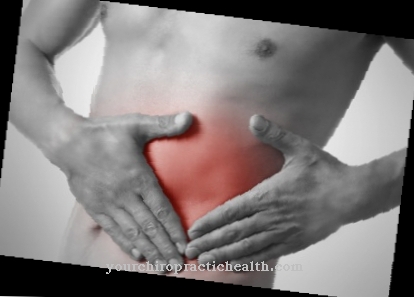
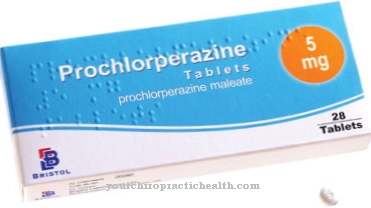
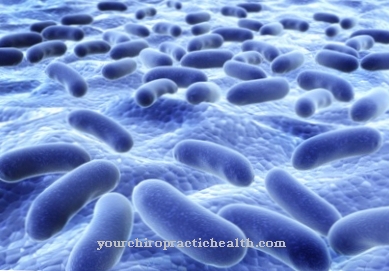
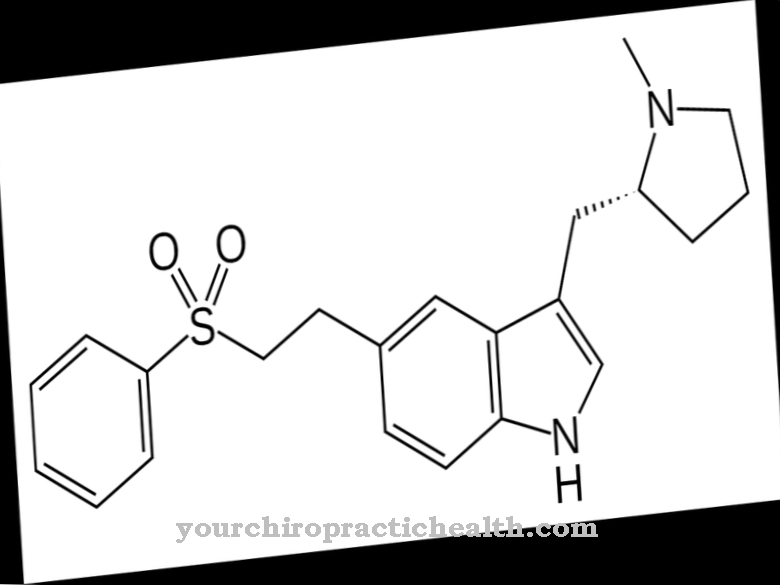
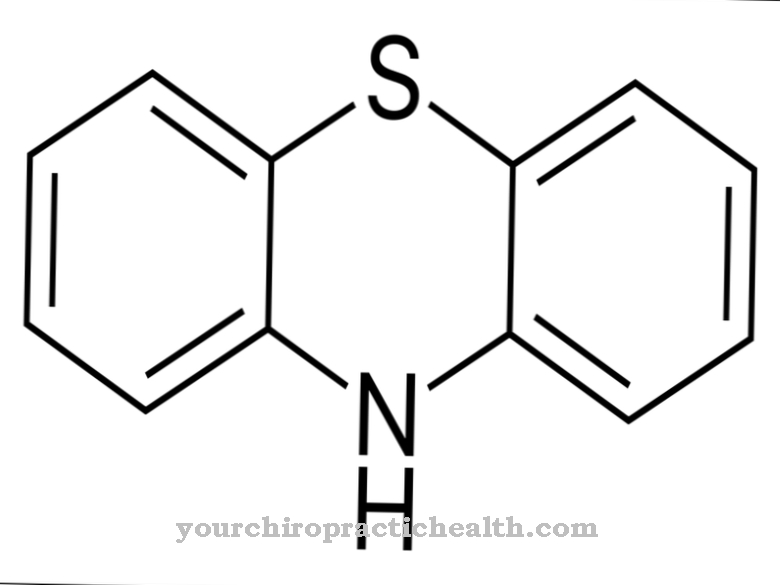
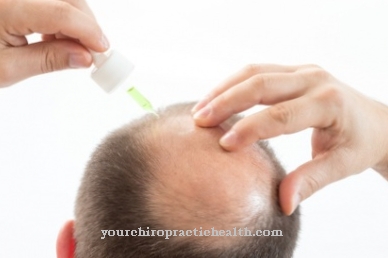

.jpg)
